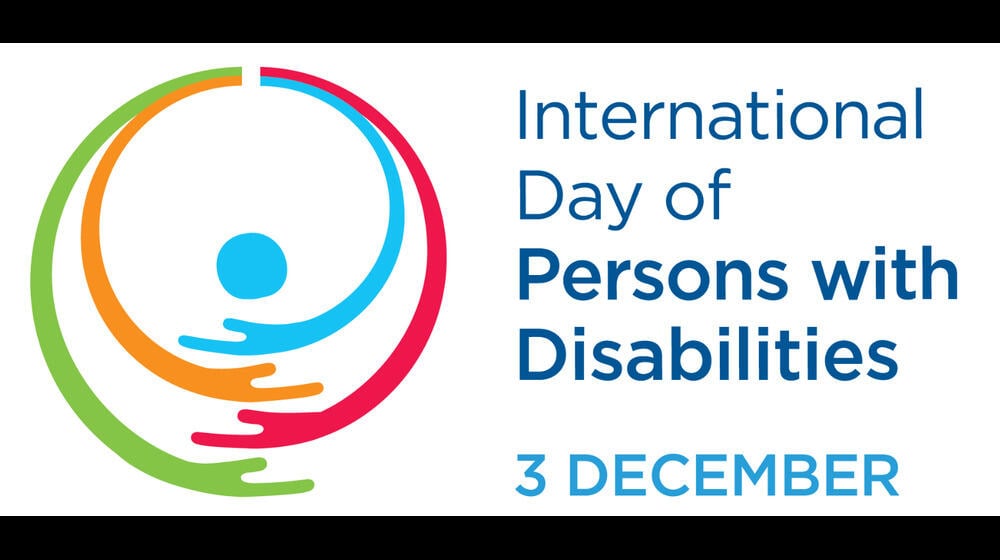Globally, nearly one in six people lives with a disability. Their demand? Nothing about us without us.
Persons with disabilities remain sorely underrepresented throughout the world’s parliaments and halls of power – excluded from policy- and decision-making on issues that affect their lives. As a result, their expertise is overlooked, and their rights and choices are too often denied.
The discrimination and social stigma persons with disabilities face is compounded by inequality tied to gender and other factors, such as age and ethnicity. Their vulnerabilities are even more acute in humanitarian crises, as they readily lose access to life-saving support systems and struggle to get out of harm’s way.
Women and girls with disabilities face higher rates of gender-based violence and lower levels of access to sexual and reproductive health information. More than half of women with disabilities have been told not to have a child. This undermines their right to bodily autonomy and to make their own decisions about whether to form a family.
Through our We Decide programme, UNFPA expands access to sexual and reproductive health services and information tailored to women and young people with disabilities. We work with them to deliver inclusive services that respect their dignity and rights, and help challenge ingrained attitudes about what disability ‘looks’ like. This includes dismantling the notion that they cannot have intimate relationships like everyone else.
These efforts are all part of UNFPA’s wider disability inclusion strategy, which promotes the human rights of persons with disabilities in all areas of their lives and addresses systemic barriers they face. This involves collecting data that gives people with disability voice and informs decision-making.
UNFPA recently gathered data from Demographic and Health Surveys in six countries, which enabled experts to explore more effectively the complex relationship between disability and intimate partner violence. The analysis provides a more accurate basis to advocate for more protective laws and policies.
This is just one of many paths to progress. Around the world, persons with disabilities are leading the way in identifying innovative solutions that break down barriers and create a more accessible world. That advances equality for everyone.
On this International Day for Persons with Disabilities, let us join forces in making it easier for persons with disabilities to share their experiences and knowledge and to influence decisions that impact their lives.
Let us work together to build societies that are more inclusive – to the benefit of persons with disabilities and the benefit of us all.



